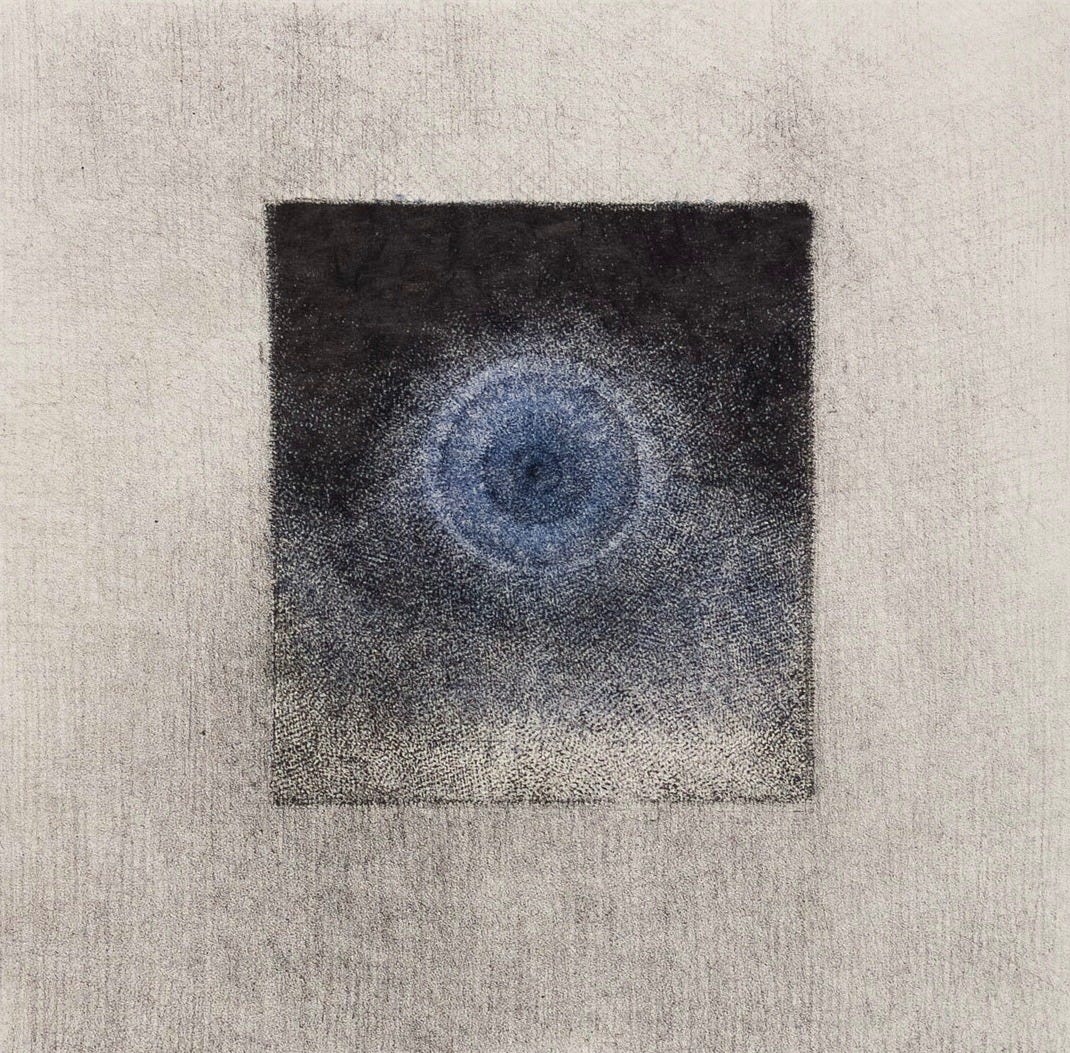The Man with the Bowler Hat
"What a horrible dream," he thought, "what was it again?"
I had a brief nightmare—brief, at least, from what I could remember of it. I was standing on a stone bridge that crossed a frozen river. The banks to either side were cloaked in a heavy mist. It must have been late dusk or early morning. The lamps along the bridge were lit, their incandescent bulbs flickering like candlelight. Across the water, through the bare trees, a faint bluish hue persisted in the sky. I shivered, stamped my feet on the icy cobbles. Awake, it had been a cold day the day before. I had been with my girlfriend to a community workshop on winter fruit tree pruning, with demonstrations on pear and persimmon, on cherry and apricot, all of them as bare as the trees were in my dream. A stiff breeze blew through the community orchard. The stiff, dry branches rattled together, giving away which of them should be pruned. I enjoyed the workshop, the complimentary hot cocoa especially, had acquired or else reviewed a fair bit of knowledge, had met some very nice people, and was glad to get back home.
Suddenly, without warning, back in the dream, I was grabbed by the arms and legs, then hoisted overhead by a silent crowd. I never saw their faces, never heard their voices, could only feel the rough grip of their hands as they seized me and carried me along, and as I was carried along I could see, my head tilted back, the crescent moon and two bright planets shining behind me, through the mist, Jupiter and Saturn by the look of them, a few other stars besides. I was carried a few feet and then, without a word of accusation or apology, flung over the parapet of the bridge, down into the icy water below, a shallow drop of no more than a dozen feet. When I woke up, I heard, sometime later, the roar of a passing car, driving much too fast through the narrow residential street in front of our house.
Later the following day, as I reviewed what I had written in my bedside notebook, I remembered an early section of The Interpretation of Dreams where Freud discusses how sense perceptions from the waking world can be integrated into the material of a dream. He observes that falling often prefigures a sudden awakening by external stimulus, the roar of a passing car for instance. This seemed like a good enough explanation for me being thrown off the bridge, but then I recalled how I had lain awake for some time before the loud car had driven by. This raised the question of whether my perception of time had been dilated in some way or was, on the other hand, part of an even briefer dream than the dream that had come before it. I was then reminded of the opening of The Evenings, a comic, basically plotless novel by the postwar Dutch writer Gerard Reve. In the opening chapter, the protagonist, office clerk Frits van Egters, dreams that he is waking up three times before he actually wakes up. A man with a bowler hat enters his room, says that the day is going to be a fine one, and then drops dead. In each successive dream episode, from pseudo-awakening to pseudo-awakening and then onto a final actual awakening, Frits witnesses the man with the bowler hat being taken out for burial, the bottom of the coffin threatening to fall out from beneath h body.
Nothing that dramatic happened while I was dreaming that I was lying awake, if that’s what it had really happened, nothing but the silent prelude to some ordinary street noise. The temperature had moderated somewhat during the night; a light rain had begun to fall, melting the salt the city had spread along the streets.


